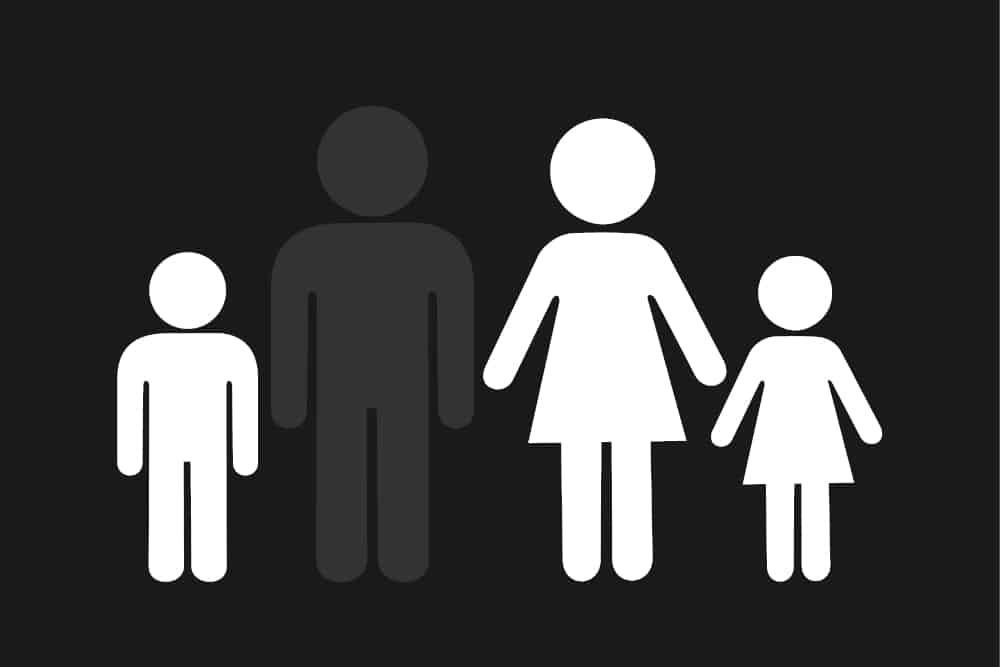The spouse or civil partner and children have a right to share in the estate of someone who has died. No formal action need be taken by them. It is a right they simply enjoy. The executor must make provision for Legal Rights when administering the estate.
What are Legal Rights?
An executor must make provision for Legal Rights. If the deceased was survived by a spouse or civil partner and children, each are entitled to receive a share of the estate. They are entitled to a share whether or not there is a Will.
A surviving spouse or civil partner is entitled to half of the movable estate where there are no children. The moveable estate is made up of everything that it, generally, not land and buildings.
Where there are children the surviving spouse or civil partner is entitled to one third of the moveable estate. The children are also entitled to one third of the movable estate. The one third entitlement must be shared equally amongst the children.
However, where there is a Will naming the spouse or civil partner or children as beneficiaries if they accept the bequest in the Will lose their entitlement to Legal Rights. It is a choice of one of the other.
In addition, where there is no Will, the surviving spouse or civil partner is also entitled to Prior Rights.
What are Prior Rights
Where the deceased died intestate (i.e. without a Will), the surviving spouse or civil partner is entitled to Prior Rights. Prior Rights entitle the surviving spouse or civil partner to:
- The family home (up to the value of £473,000);
- The furniture and contents of the family home (up to the value of £29,000)
- £89,000 if the deceased had no children or £50,000 if there are children.
Prior Rights take precedence over Legal Rights. If the Prior Rights exhaust the estate, there will be nothing available to pay Legal Rights.
What happens to the rest of the estate?
If the deceased made a Will, after satisfaction of Legal Rights, the estate will be distributed according to the Will. If there is no Will, the estate is distributed in accordance with the law of succession.
However, where the deceased did not leave a Will, the situation is more complicated. Here are examples of what can happen with the rest of the estate after legal rights have been paid:
- Where there is a surviving spouse or civil partner and children, the children would receive the rest of the estate. This can include both heritable and moveable estate.
- For deaths up until 30th April 2024, where there are no children, the surviving spouse or civil partner might not inherit the rest of the estate. If the deceased was survived by their parents and/or siblings, they would share in the remainder of the estate.
- The provisions of Section 77 of the Trusts and Succession (Scotland) Act 2024 have come into effect on 30th April 2024. From that date, where there are no children, the surviving spouse or civil partner will inherit the remainder of the estate.
- In the case of there being no surviving spouse or civil partner or children, Legal Rights do not apply. The estate will be divided amongst the surviving relatives, if any.
- Where there are no relatives, the entire estate goes to the crown.
There is an extremely useful chart showing the routes of succession where there is no Will on The Gazette website.
The importance of making a Will
Making a Will is vitally important. It allows you to decide who should share in your estate. If you decide not to make a Will, your loved ones need to rely on the law of succession. That might mean your estate might not end up with those you thought would inherit it. It is important to take legal advice and make a Will. It is only by doing so you can ensure your estate ends up with those you wish it to.
Wills and Estate Planning Solicitors in Rutherglen, Glasgow
Our solicitors have years of experience in providing advice and guidance to clients who wish to make their Wills. By conducting effective estate planning and making a Will, you will ensure your loved ones inherit your estate.
Please get in touch with us today to discuss your estate and draw up or make changes to your Will.
If you like this, you may also be interested in these articles:
Don’t Make Handwritten Wills – if you do, don’t make more than one!
Donating to charity through a Will
Thinking about updating your Will? Don’t do it on the back of an envelope!


